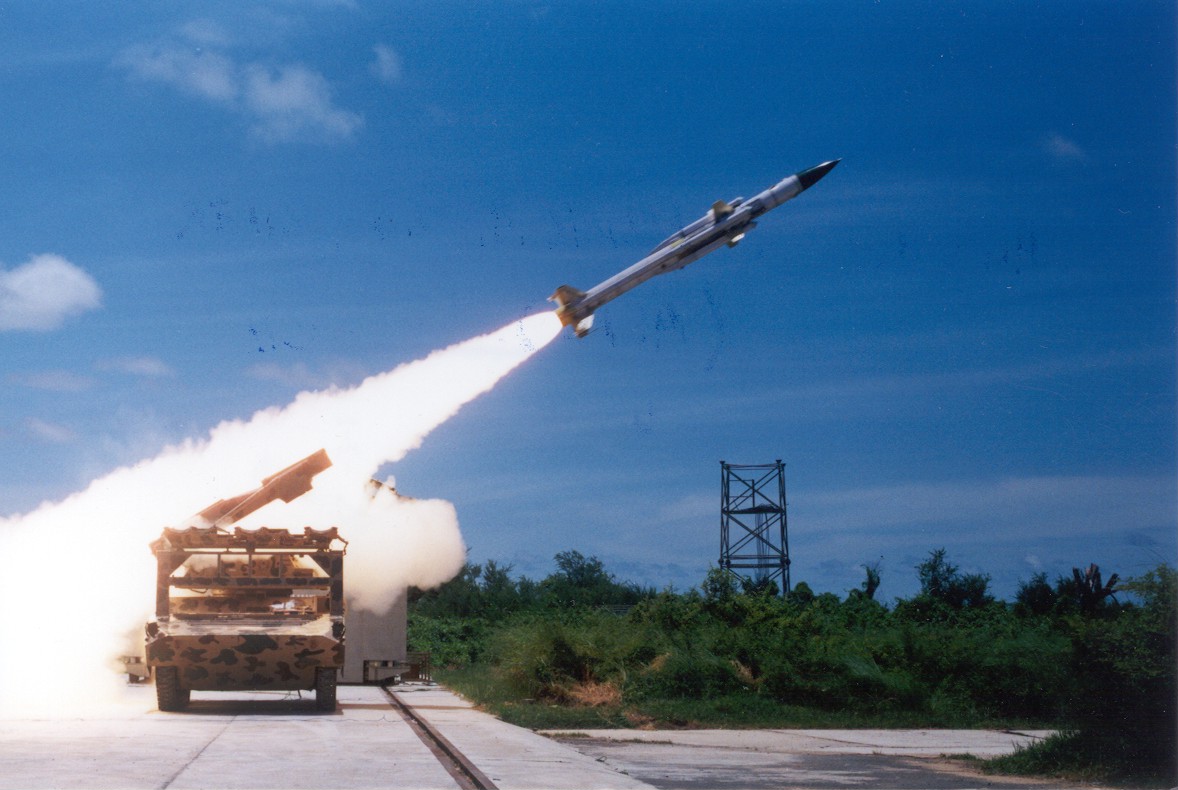
Yielding to hard Western pressure, Ukraine’s embattled President Viktor
Yanukovych has agreed to call early presidential election, cede key
powers to Parliament and form a coalition caretaker government.
Ukrainian and Russian analysts described Mr Yanukovych’s decision as
total surrender.
The Ukrainian leader made the announcement on his website after marathon
talks with opposition leaders brokered by the Foreign Ministers of
Germany, France and Poland. The talks, which began on Thursday, went
through the night and resumed on Friday. Russia was represented at the
talks by human rights ombudsman Vladimir Lukin.
The three opposition leaders, Arseny Yatsenyuk, Vitaly Klitschko and
Oleh Tyahnibok, approved the deal after “consulting” protesters in the
streets.
Poland’s Foreign Minister Radoslaw Sikorski called the agreement “a good
compromise,” but analysts said Mr Yanukovych merely accepted the
opposition’s demands.
“What compromise are you talking about? Yanukovych has signed an act of
capitulation,” wrote Vladimir Kornilov, a Ukrainian political scientist.
“The West has dictated its terms of capitulation to Yanukovych, who did
not even try to resist,” said Vigen Akopyan, editor of Russia’s Regnum
online news service.
Mr Yanukovych gave no timeline for the proposed steps, but Vladimir
Oleynik, a senior lawmaker from the President’s Party of the Regions,
said that within the next 48 hours the Parliament should vote on
reverting to the 2004 Constitution, which took away from President and
gave to Parliament the right to appoint Prime Minister and the cabinet.
The Constitution was scrapped after Mr Yanukovych won presidential
elections in 2010.
According to Mr Oleynik, a coalition government is to be formed within
10 days and new presidential elections will be held before the end of
the year, about six months earlier than scheduled.
It was not immediately known whether radical protesters from the Right
Sector group would accept the agreement between Mr Yanukovych and
leaders of the Parliamentary opposition. The radicals wrecked a truce
negotiated on Tuesday and unleashed deadly violence in Kiev.
Over the past three days 77 people have died and 580 have been wounded
in clashes between protesters and police, according to Ukraine’s Health
Ministry. The Interior Ministry said 16 police officers had been killed
and 130 suffered gunshot wounds.
Late on Thursday the Ukrainian Parliament voted to call off an
“anti-terrorist operation” the security forces had launched earlier this
week to clear central Kiev from protesters. By Friday afternoon all
riot police were withdrawn from the scene of recent fighting.
The agreement reached in Kiev is a setback for Moscow, which had been
urging Mr Yanukovych to get tough with the protesters and do not let
them “wipe their feet on the authorities like a doormat.”

 India on Friday successfully test-fired its Akash medium-range surface-to-air missile from a defence base in Odisha.
India on Friday successfully test-fired its Akash medium-range surface-to-air missile from a defence base in Odisha.